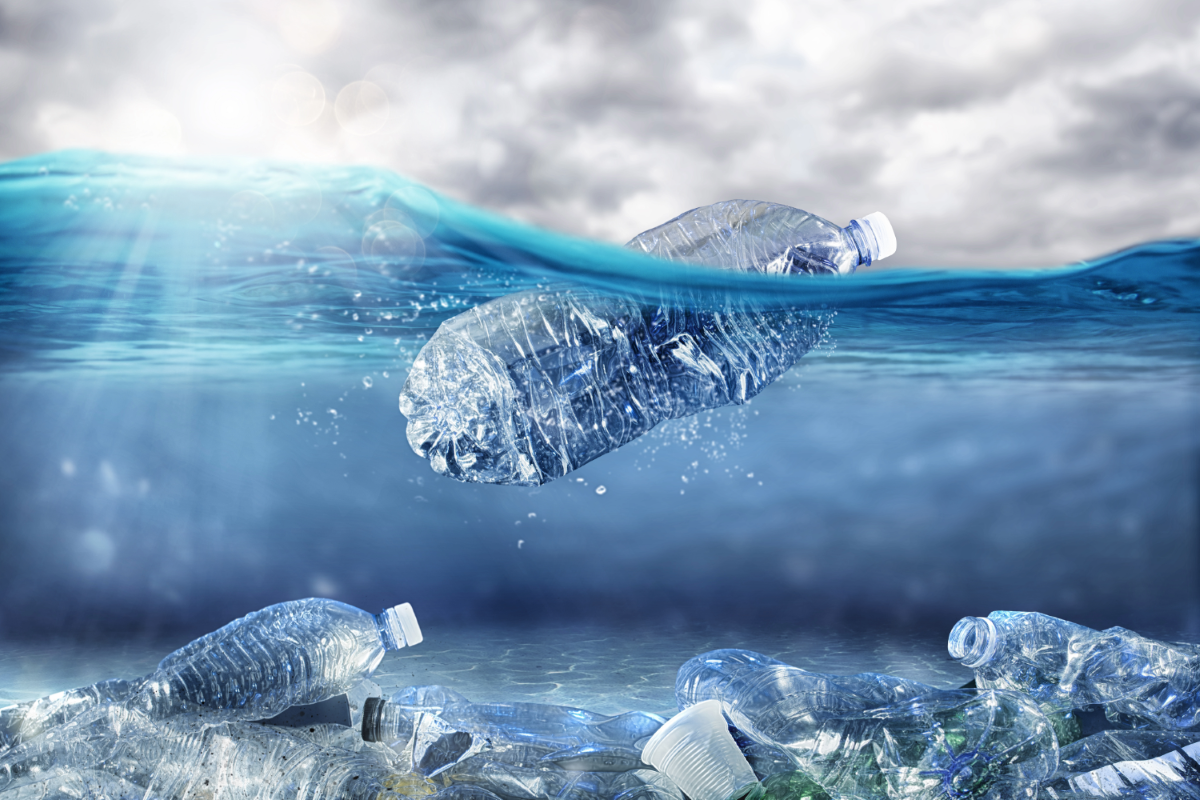
Hidden Plastics in Skincare Products: What You Need to Know
|
|
Time to read 4 min
50% Off Gifts & Sets with code: GLOWGIFT50
Sign up for emails at the bottom of our home page and get 15% off your next order.
Your Cart is Empty
Written by: Dawn Kurtze
|
|
Time to read 4 min
Author: Dawn Kurtze
Common Plastic Ingredients in Personal Care Products
1. Microbeads
Microbeads are tiny plastic particles, typically less than 5 millimeters in diameter, used as exfoliants in products like facial scrubs, body washes, and toothpaste. These beads are usually made from polyethylene (PE), polypropylene (PP), or polystyrene (PS).
2. Acrylates Copolymer and Crosspolymer
Acrylates copolymer and crosspolymer are used to form films and improve the texture of products. These ingredients are commonly found in hair styling products, sunscreens, and makeup.
3. Polyethylene Glycol (PEG)
PEGs are a family of synthetic polymers derived from petroleum. They are used as thickeners, solvents, and moisture-carriers in a wide range of personal care products, including creams, lotions, and shampoos.
4. Polyquaternium
Polyquaterniums are a group of synthetic polymers used as conditioning agents in hair care products. They provide anti-static properties and help smooth and detangle hair.
5. Nylon
Nylon, often found in powder form, is used in personal care products to enhance texture, absorb oil, and provide a mattifying effect. It is commonly used in makeup products like foundation, eyeshadow, and blush.
Why It Matters
Health Concerns: While the long-term health impacts of using personal care products containing plastic ingredients are still being studied, there is concern about potential skin irritation, allergic reactions, and the presence of harmful contaminants.
Environmental Impact: The persistence of plastic ingredients in the environment is a significant concern. These plastics can accumulate in waterways, soil, and wildlife, causing ecological harm and potentially entering the human food chain.
Consumer Awareness: Increasing awareness about the presence of plastics in personal care products can drive demand for safer, more sustainable alternatives. Consumers can look for products labeled as "plastic-free" or those that use natural exfoliants and biodegradable ingredients.
Moving Towards Sustainable Alternatives
As awareness of the environmental and health impacts of plastics grows, many brands are seeking sustainable alternatives. Here are some tips for making more eco-friendly choices:
Conclusion
Plastics in personal care products may be hidden from plain sight, but their impact on our health and the environment is significant. By understanding these common plastic ingredients and their implications, we can make more informed choices and support a move towards more sustainable, plastic-free personal care options. As consumers, our choices can drive change and encourage the beauty industry to prioritize health and environmental sustainability.
Our mission is simple:
To give you the finest and purest of ethically-sourced natural ingredients with earth-friendly packaging in our handcrafted plant-based skincare, and all at honest, competitive prices.
Hidden plastics in skincare has significant impact on our health and the environment
By understanding these common plastic ingredients and their implications, we can
make more informed choices and support a move towards more sustainable,
plastic-free skincare options
As consumers, our choices can drive change and encourage the beauty industry to
prioritize health and environmental sustainability